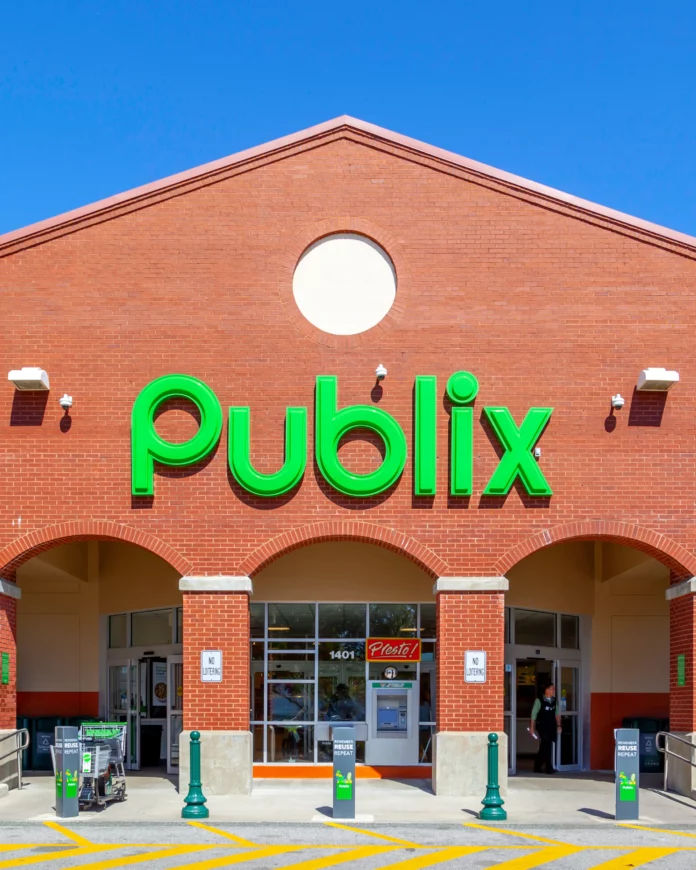In an ongoing battle within the national opioid litigation landscape, U.S. District Judge Dan Aaron Polster has once again denied Publix Super Markets Inc.’s request to pose several complex questions to the Georgia Supreme Court. This decision marks another setback for the supermarket chain in its efforts to clarify the application of Georgia’s public nuisance law to its alleged role in the opioid crisis.
Publix Can’t Send Questions To Ga. Justices In Opioid Suit: Judge Finds Publix’s Request Untimely and Convoluted
Judge Polster criticized the questions proposed by Publix as “convoluted and confusing,” adding that the request lacked merit and was significantly overdue. The judge highlighted that this latest petition was reminiscent of an earlier denied request from 2021, emphasizing the untimeliness of raising these issues after initial rulings had been made. “If Publix’s first request for certification, made in 2021, was tendered too late — and the court concluded it was — then Publix’s second request is obviously only more so,” Judge Polster stated.
Publix Can’t Send Questions To Ga. Justices In Opioid Suit: Context of the Lawsuit
The legal quandary centers around allegations that Publix contributed to the opioid epidemic through the over-distribution of painkillers. These allegations form part of a broader multidistrict litigation, presided over by Judge Polster in the Northern District of Ohio, which aims to hold various pharmaceutical companies and pharmacies accountable for their roles in the national crisis. Cobb County’s suit against Publix, alongside others against prominent drugmakers like Purdue Pharma, represents a significant front in this extensive legal battle.
Publix Can’t Send Questions To Ga. Justices In Opioid Suit: Implications of the Denied Request
Publix’s attempt to bring its concerns before Georgia’s highest court was intended to clarify whether state laws regarding public nuisance apply to the sale and distribution of legally prescribed opioids. However, Judge Polster’s refusal to forward these questions underscores a significant judicial resistance to re-evaluating aspects of the case that he believes were already settled. This decision not only impacts Publix’s defense strategy but also illustrates the challenges companies face in detangling their responsibilities and liabilities in the opioid epidemic.
Publix Can’t Send Questions To Ga. Justices In Opioid Suit: Legal Perspectives and Future Outlook
With the denial of this request, the focus remains on how these complex legal questions will eventually unfold within the broader parameters of national opioid litigation. As the case progresses, legal experts and observers are closely watching how these decisions will influence the strategies of other defendants within similar lawsuits across the country.



